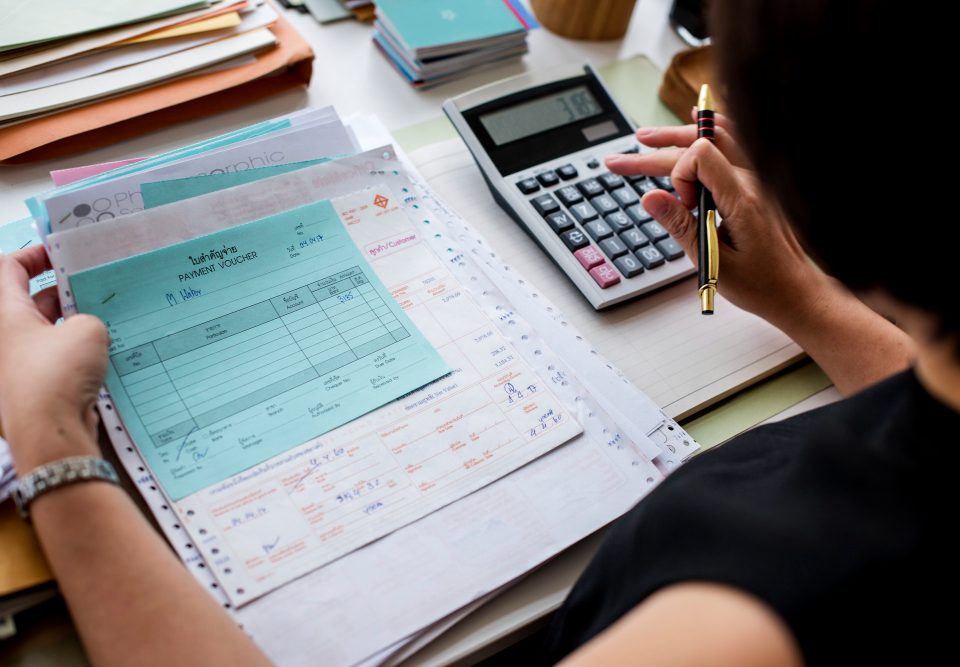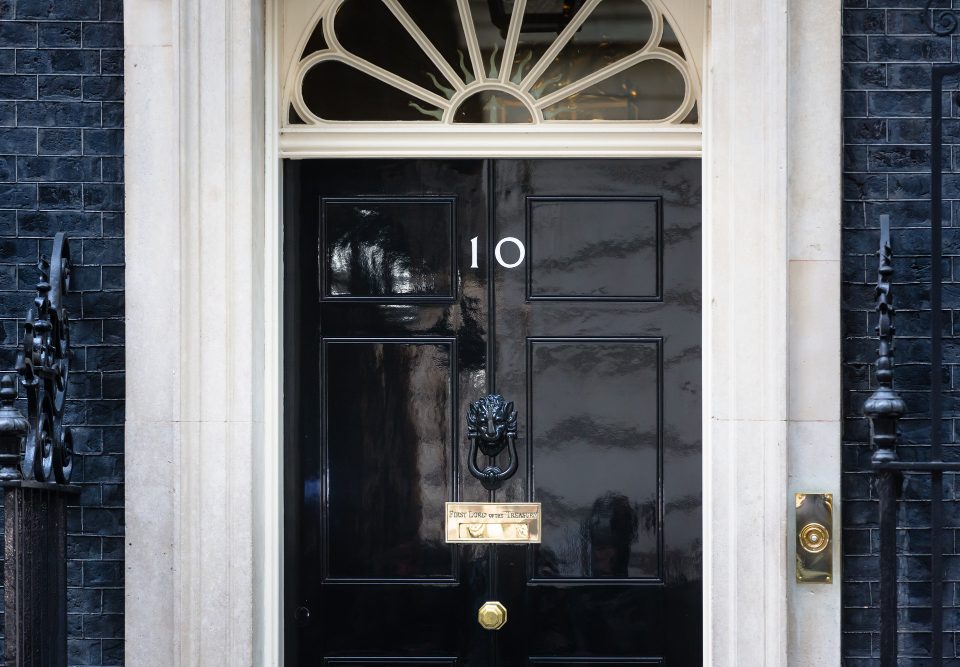Are you worried about being hit with late filing penalties? One of the most common recurring problems when it comes to filing self-assessments is putting it off. The deadline might seem far enough away, however, the longer you leave your filing, the greater the chance you miss the deadline completely. Even if you do get it filed and submitted on time, the time pressure probably means you completed it in a rush which often leads to manual errors.
To avoid incurring HMRC penalties, read this useful guide to familiarise yourself with what happens if you file with inaccuracies or file late. It’s important to know the steps to take if you ever find yourself in such a situation, as rectifying your paperwork or paying your fines swiftly will prevent you from being hit with even larger penalties further down the line!
When am I in danger of receiving a penalty for my self-assessment tax return?
As long as you prepare your self-assessment with care and file ahead of the submission deadline, you won’t get a penalty. HMRC deals out penalties for the following scenarios:
- Missing the deadline for submitting your tax return (31st October for paper, 31st January for online)
- Missing the deadline for paying your tax return bill (31st January)
- Sending an inaccurate return
Failure to keep adequate records
What happens if I miss the deadline to file?
As soon as the deadline for submitting your self-assessment tax return has passed, you’ll be automatically hit with a £100 fine. This may not seem like the end of the world but it’s still important you file as soon after this deadline as possible. This is because you’ll be charged £10 per day for the next 90 days, to a maximum of £900, until you file.
If at the 6 month mark your tax return is still outstanding, you’ll receive a penalty of £300 or 5% of tax owed (whichever is higher). It’s then another £300 or 5% of tax owed at 12 months too.
In summary, paying your initial fine and submitting your tax return without any further delays is the best thing to do if you want to avoid racking up large penalties. In some cases, what you end up owing for late filing is greater than had you just filed on time in the first place. If you want more details about late filing payments, you may find it useful to have a read of our blog here.
What happens if I make a mistake?
Sometimes it can’t be helped – be it a slip of the hand or a mix up of numbers – mistakes can happen! If you’ve taken reasonable care to fill in your tax return correctly, it’s unlikely HMRC will give you a penalty. This is why it’s so important to keep accurate records so that you have the evidence to back yourself up if HMRC investigate. A good way to preserve your peace of mind is to check in with a tax advisor or accountant about anything you’re unsure about before you file.
However, if you’ve been careless or negligible when it comes to preparing your self-assessment tax return, you could be fined between 0 and 30% of the extra tax owed.
A deliberate error on your tax return, such as underestimating your tax on purpose, receives a more severe penalty of between 20 and 70%. What’s more, a deliberate error, such as underestimation of your tax, coupled with an active attempt to conceal it equals a penalty of between 30 and 100%. Safe to say, it just isn’t worth the risk. You should always calculate your taxes accurately and to the best of your knowledge. An accountant can help make sure you’re being compliant and take care of these calculations for you.
It might be useful to note you’re able to correct your tax return via HMRC’s online portal up to 1 year after the filing deadline. After this, you’ll need to write to them directly to explain your circumstances and request help to alter.
I’ve received a penalty, what are the next steps?
You must pay your penalty within 30 days of the date on the penalty notice and it’s important to note that interest will be applied if your penalty isn’t paid by the due date. When it comes to paying your tax bill late, interest is charged from the date payment was due. The interest rate for this is currently set at 7.5% but could change.
What happens if I fail to keep adequate records?
Though not as common as other penalties, there’s a chance you could be fined up to £3,000 for each failure to keep or preserve adequate records. Aside from this causing issues and delays if ever HMRC request evidence or queries your paperwork, a penalty for inadequate record-keeping often goes hand in hand with other offences, such as under-declaring profit. This could lead to more investigations and more fines.
I missed the filing deadline but I have a valid reason – what do I do?
If you have a valid reason that prevented you from completing your self-assessment tax return on time, you can appeal against a penalty. While it’s possible to appeal, HMRC have strict rules around what classes as a reasonable excuse.
Do you have questions about making an appeal? That’s what we’re here for! You can speak to our accountants at BAA for clear advice on your next steps. Alternatively, you can consult this page from HMRC to see if your reason is adequate.
How do I avoid penalties in the future?
- Get organised ahead of time: familiarise yourself with paperwork and personal details needed and make sure you have these documents are ready to go when the time comes. Implementing a filing system to keep expenses and financial documents organised throughout the year is a good shout here. That way, nothing is misplaced. You may find it useful to check out our bookkeeping service which will help you do just that!
- Give yourself plenty of time for the payment to go through: for example, if the deadline falls on a weekend or bank holiday, be sure to send your tax return off a little early so it reaches HMRC on the last working day before it. The last thing you want is to be fined for late submission when you technically completed everything on time!
- Let an accountant take care of everything: if you want to minimise the pressure of self-assessments while staying compliant, offloading the burden to an accountant could be the way to go. Not only do they handle your submission, but they will also make sure your paperwork is correct, in order, and that you’re filing on time.
Self-assessment filing with Baa
Baa is here to make sure you never receive another late filing penalty again. With our fast turnaround (maximum of 5 working days), scrupulous attention to detail, and expert knowledge of all things tax, you can rest easy knowing your accounts are in safe hands. If you want to take tax returns off your plate and get back to running your business, check out our filing pages, or speak to one of our team today. No matter the question, big or small, we’re here to help.










